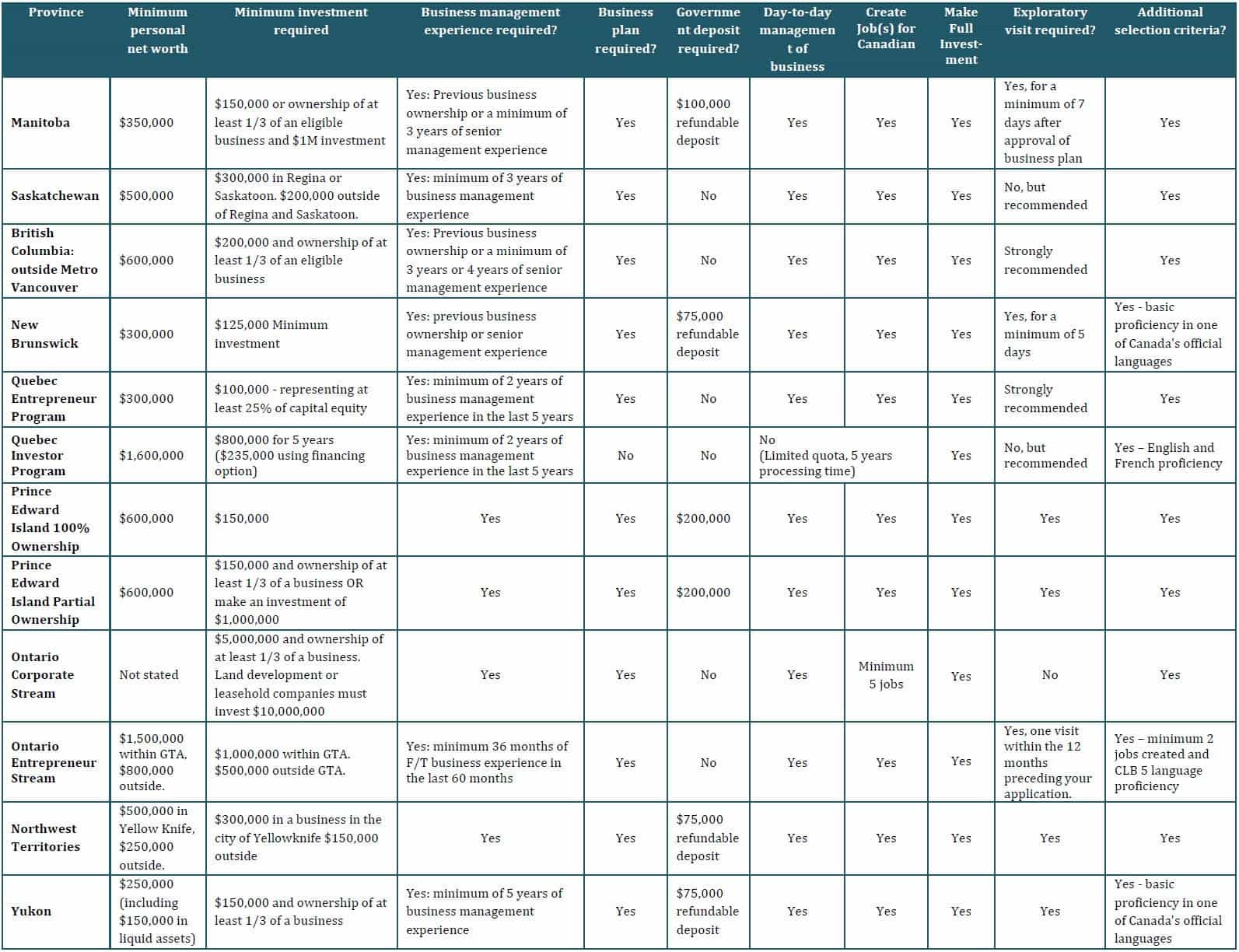Will Canadian border services officers ask about your criminal record?
CIC News > Latest News > > Will Canadian border services officers ask about your criminal record? How to prepare to cross the Canadian border if you have a criminal record.
When you arrive at a Canadian port of entry, you may be asked if you have a criminal record.
When asked, you will have to tell the truth. It is a serious crime to make a false statement to a border services officer. If you do, you may not be allowed to enter Canada.
Although a criminal record can make you criminally inadmissible to Canada, some people may be able to overcome inadmissibility, even temporarily. Knowing your options before you go can help you have a smooth transition from your border to ours. Here are three ways to overcome criminal inadmissibility.
Schedule a Free Legal Consultation with the Cohen Immigration Law Firm
Temporary Resident Permits
A Temporary Resident Permit (TRP) is a temporary option for those seeking entry to Canada. TRPs are oftentimes only valid for the length of the applicant’s visit to Canada.
When submitting your TRP application, you need to explain why you intend to come to Canada. The Canadian official reviewing your application will then consider whether the benefits of your visit outweigh the potential risks to Canadian society. Among the things they will consider include the number of offenses you have committed, the nature of the offenses, and the duration of time has elapsed since the offenses.
If you are a US citizen or permanent resident, you can submit your TRP application at a Canadian port of entry. Your application will be processed immediately and the Canadian border officer will make a decision on the spot as to whether to allow you into Canada.
Criminal Rehabilitation
If it has been at least five years since you completed your sentence, you could be eligible to apply for criminal rehabilitation.
Upon a successful application, your criminal history will no longer be grounds for inadmissibility into Canada as long as you do not commit another crime. Criminal rehabilitation, unlike a TRP, is a permanent solution.
The fees to apply for this option differ depending on the nature of your crime. The Canadian government translates your foreign crime to the Canadian equivalent to determine whether to charge you application fees for non-serious criminality ($200 CAD) or for serious criminality ($1,000 CAD).
After 10 years have passed since you completed your sentence, you may be deemed rehabilitated, provided your crime was non-serious. You may be able to benefit from this if you only have a single non-serious conviction on your record. If you have more than one conviction, you must apply for criminal rehabilitation. Otherwise, you can be automatically deemed rehabilitated and not need to apply for rehabilitation, but in this case a legal opinion letter drafted by a lawyer could be of great benefit to you when you are meeting with border officials.
Legal Opinion Letter
A Legal Opinion Letter from a Canadian immigration lawyer can be combined with any of the above options. These letters can explain to Canadian border officials why you should be allowed to visit Canada. It can also be a beneficial option if you have a pending charge but have not been convicted.
It is important to make adequate preparations in advance of your journey to Canada so you do not get turned away at the border due to your previous conviction. Advice from a Canadian immigration lawyer can help.
Schedule a Free Legal Consultation with the Cohen Immigration Law Firm
© CIC News All Rights Reserved. Discover your Canadian immigration options at CanadaVisa.com.















